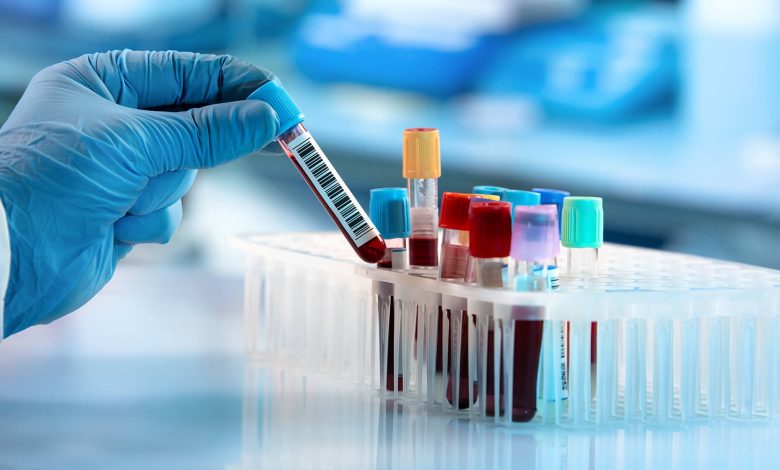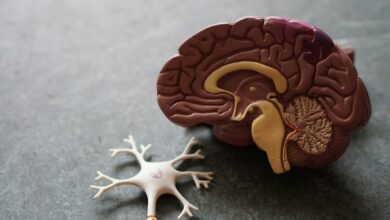Things You Should Know About Blood Testing

Blood tests are among the most popular and useful methods of diagnosing a disease. Therefore, doctors often suggest it before prescribing medication or surgical procedures. There are different types of blood tests. A doctor suggests a particular blood test based on the condition and symptoms of the patient.
Today, getting different types of blood tests is easier than ever. You can easily schedule and book a blood test at home in Dubai and in many other parts of the world. Laboratories send a representative for blood sample collection to your doorstep. Also, many labs share reports on their portal. So, the process has become much easier and hassle-free for people
When Should You Get a Routine Blood Test?
Usually, people only opt for blood tests during the diagnosis of a disease. However, you can also take such tests when suggested by a doctor after routine checkups. Such tests show you how well your organs and body are working. Therefore, it is usually better to have a physical examination by a doctor every once in a while. And if your doctor suggests a blood test, only then get it tested. If you have a family history of a disease, the tests can be suggested more frequently.
Types of Blood Tests
The following are the types of blood tests doctors usually recommend to patients:
Complete Blood Count (CBC)
The complete blood count is one of the most common types of blood tests. This test gives an estimated count of different blood cells like RBCs, WBCs, and platelets. Generally, a CBC gives you the readings of red blood cells, white blood cells, platelets, hemoglobin, and hematocrit.
If the readings of the blood components deviate from their optimal values, they can confirm different health issues. Common problems identified by these tests are different infections, anemia, and various others.
Basic Metabolic Panel (BMP)
Another type of blood test is the basic metabolic panel. It shows the amount of eight compounds in blood which are calcium, glucose, blood urea nitrogen, potassium, sodium, bicarbonate, creatinine, and chloride.
Generally, this test is prescribed to patients to diagnose kidney diseases, hormonal problems, diabetes, and other related problems. Also, the medication and further tests are suggested based on a patient’s readings from the BMP test.
Comprehensive Metabolic Panel (CMP)
A comprehensive metabolic panel is a blood test that includes the testing for all the compounds in a BMP and more. The other compounds tested in a CMP test are ALP, ALT, AST, bilirubin, albumin, and total protein.
The readings from this test can help in the diagnosis of kidney diseases, hormonal problems, diabetes, liver problems, cardiac issues, gallbladder issues, and bone problems. Doctors usually recommend medication and treatment after diagnosing a problem from a CMP test.
Cardiac Markers
Apart from the general blood tests like CBC, BMP, and CMP, some tests particularly show the health of specific organs. Such tests for the heart are called cardiac biomarker tests. There are three cardiac biomarkers named troponin, creatine kinase (CK), and Creatine Kinase-MB (CK-MB).
These three are enzymes that are released in the case of heart injury, stroke, and other types of cardiac problems. If the readings on any of these tests deviate from the normal values, doctors usually rush the patients for treatment. Also, the tests may be repeated frequently when a patient is under observation after treatment. The reports for these cardiac markers usually come within an hour.
Lipid Panel or Cholesterol Tests
Lipid panel blood tests measure the quantities of good and bad cholesterol in the body. This test shows the readings of two lipid compounds HDL (high density lipoprotein) and LDL (low density lipoprotein). HDL helps in proper liver functioning and removing waste substances from the blood. Therefore, it is regarded as good cholesterol. In contrast, LDL (low density lipoprotein) is the cholesterol responsible for plaque and blockage in arteries.
Which Blood Test Should You Take?
The above-mentioned tests are some of the generally prescribed ones. Apart from these, there are different others too. But the question arises which one should you take? The answer is you should take the blood test prescribed by your doctor. Avoid self-diagnosis as it can lead to several other problems and such tests are also not covered by your health insurance.



